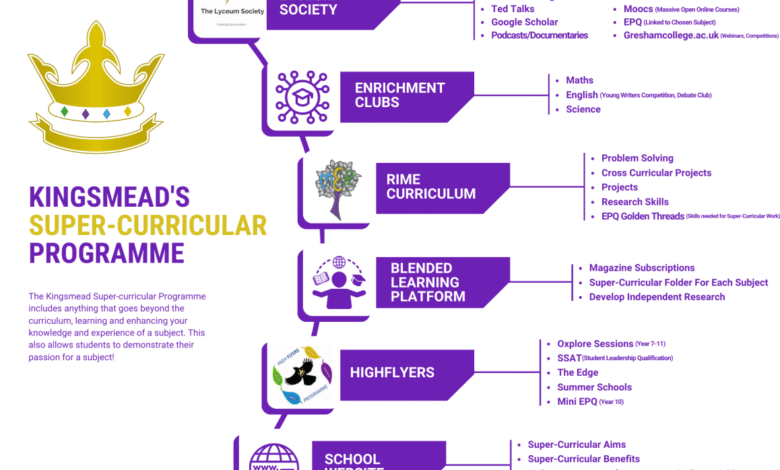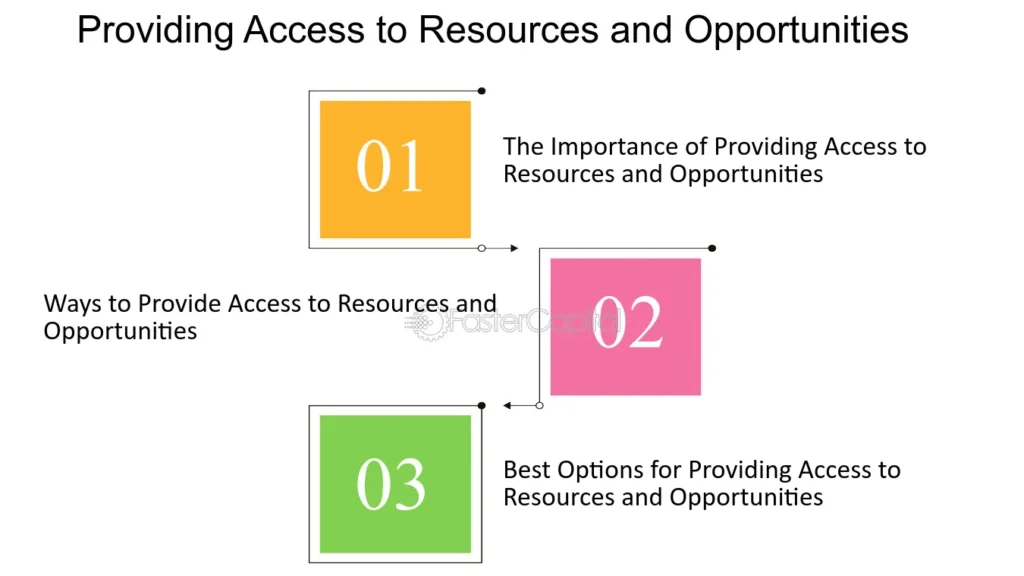Maths Supercurriculars – Enhance Your Mathematical Skills Beyond the Classroom

In today’s competitive academic environment, excelling in mathematics requires more than mastering the standard curriculum. Maths supercurriculars are activities and learning experiences that go beyond the classroom, allowing students to explore advanced concepts, develop critical thinking, and demonstrate their passion for mathematics. Unlike extracurriculars, which might focus on general interests or hobbies, supercurricular activities are deeply connected to academic growth and intellectual curiosity.
Engaging with maths supercurriculars provides a unique opportunity to differentiate yourself, especially for students aiming for top universities or competitive programs in STEM fields. Universities often look for evidence of independent study, creativity, and advanced understanding in applicants. Supercurricular activities demonstrate initiative, curiosity, and the ability to learn beyond structured lessons—qualities highly valued in academic settings.
This article will explore the different types of maths supercurricular activities, their benefits, how to choose and plan them effectively, recommended resources, and real-life examples. By understanding how to incorporate these activities into your learning journey, you can gain both personal satisfaction and a significant edge in academic and career prospects.
Types of Maths Supercurricular Activities
Maths supercurriculars can take many forms, catering to a wide range of interests and learning styles. Reading advanced books and journals is one of the most accessible ways to explore topics beyond the syllabus. Books on number theory, geometry, combinatorics, and mathematical puzzles encourage deep thinking and expose students to new ideas. Journals such as The Mathematical Gazette or Mathematics Today provide insights into current developments and real-world applications.
Online courses and lectures are another powerful supercurricular tool. Platforms like Coursera, Khan Academy, and MIT OpenCourseWare offer modules in advanced topics, including calculus, abstract algebra, and mathematical modeling. These resources allow students to learn at their own pace while accessing high-quality instruction from renowned educators.
Math competitions and problem-solving challenges offer an interactive and engaging approach to supercurricular learning. Competitions like the UK Mathematics Trust (UKMT) challenges, International Mathematical Olympiad, and other regional contests sharpen analytical skills, improve speed and accuracy, and provide opportunities for recognition.
Finally, research projects, summer schools, and independent studies allow students to apply theoretical knowledge to real-world problems or mathematical exploration. Whether designing a small research paper or attending specialized math camps, these activities foster creativity, collaboration, and critical thinking, all while building a strong academic profile.
Benefits of Engaging in Maths Supercurriculars
Engaging in maths supercurriculars offers a wealth of benefits for both personal growth and academic advancement. One of the most significant advantages is the enhancement of problem-solving and critical thinking skills. By tackling complex problems beyond standard curriculum exercises, students develop analytical reasoning, persistence, and adaptability—skills that are invaluable in higher education and future careers.
Supercurricular activities also improve university applications and personal statements. Admissions officers seek students who demonstrate intellectual curiosity and initiative. A well-documented engagement in maths supercurriculars, such as independent projects, online courses, or competition achievements, signals commitment and passion. This sets applicants apart from peers who only follow the core curriculum.
Beyond university applications, supercurriculars help broaden knowledge. Students gain exposure to advanced topics, new mathematical techniques, and innovative approaches that might not be covered in school lessons. This deeper understanding encourages self-directed learning and builds confidence in tackling unfamiliar challenges.
Additionally, supercurriculars foster creativity and mathematical intuition. Explorations in abstract or applied mathematics allow students to think outside conventional frameworks and make connections between concepts. Over time, this nurtures a mindset that is not only technically proficient but also innovative and resourceful, traits highly prized in STEM fields and research-oriented careers.
How to Effectively Choose and Plan Supercurriculars
Selecting the right supercurricular activities requires aligning them with interests and academic goals. For example, students aiming to study pure mathematics might focus on advanced number theory or algebra, while those interested in applied mathematics could explore coding, mathematical modeling, or statistics. Matching activities with your passions ensures sustained engagement and meaningful learning.
Creating a structured plan is essential. Decide how much time to allocate weekly, set clear milestones, and track progress. Balance is key; supercurriculars should complement schoolwork rather than overwhelm it. A weekly schedule, combining reading, online modules, and problem-solving exercises, can help maintain consistent progress.
Documenting progress and reflecting on learning outcomes is another crucial step. Maintaining a learning journal, summarizing solved problems, or writing reflections on books and projects can demonstrate growth and provide material for university applications. Reflection helps identify strengths, areas for improvement, and the practical value of the knowledge gained.
Finally, seek guidance and mentorship. Teachers, university students, or professionals can recommend resources, suggest challenges, and provide feedback. Structured mentorship can enhance the effectiveness of supercurriculars and ensure that activities remain focused, relevant, and academically enriching.
Recommended Resources and Opportunities

There is no shortage of resources for maths supercurricular learning. Books such as The Art of Problem Solving, Fermat’s Enigma, and Journey Through Genius provide insights into advanced mathematical thinking. Academic journals, including Mathematical Spectrum or Mathematics Today, allow students to explore ongoing research and new methodologies.
Online platforms are invaluable. Websites like Brilliant.org, Coursera, MIT OpenCourseWare, and Khan Academy offer free and paid courses that cover topics from combinatorics to linear algebra. Video lectures, interactive problem sets, and quizzes reinforce understanding and build competence.
Competitions and challenges remain key avenues for engagement. UKMT challenges, Math Olympiads, and national competitions provide structured problem-solving experiences and recognition for achievement. Participation hones critical thinking, time management, and strategic problem-solving skills.
Summer schools, mentorship programs, and independent research projects provide immersive learning experiences. Programs offered by universities, such as Oxford, Cambridge, and other institutions, often include workshops, lectures, and collaborative projects. Engaging in these opportunities allows students to experience academic life beyond school, collaborate with peers, and gain insights into research and professional mathematical practice.
Real-Life Examples and Case Studies
Many students have significantly benefited from maths supercurricular activities. For example, participants in UKMT Olympiads often report substantial improvements in problem-solving skills, confidence, and university application profiles. Independent research projects in areas like cryptography or combinatorics have led students to submit papers, present findings at conferences, or even secure summer internships.
Supercurricular engagement often results in practical, real-world achievements. For instance, a student exploring mathematical modeling might collaborate with peers on projects addressing environmental or financial problems. Such initiatives not only strengthen understanding but also demonstrate initiative, analytical thinking, and creativity to universities.
The experiences of these students illustrate how consistent, targeted supercurricular work can transform academic potential into tangible outcomes. By carefully selecting activities and reflecting on learning, students develop skills and experiences that extend far beyond the classroom, enhancing both personal growth and professional prospects.
Conclusion
Maths supercurriculars are essential for students aiming to deepen their understanding, develop advanced problem-solving skills, and stand out in academic applications. By engaging with activities beyond the curriculum, students cultivate intellectual curiosity, creativity, and analytical reasoning.
From reading advanced books and participating in competitions to exploring research projects and online courses, supercurricular activities provide opportunities to grow as a mathematician. Structured planning, reflection, and mentorship maximize the benefits, ensuring sustained learning and meaningful achievement.
Incorporating maths supercurriculars into your academic journey not only enhances university applications but also nurtures lifelong skills that are invaluable in STEM careers. By embracing these activities, students can explore the beauty of mathematics, challenge themselves, and unlock their full potential.
FAQs About Maths Supercurriculars
What are maths supercurriculars?
Activities and learning experiences in mathematics beyond the standard curriculum, aimed at developing deeper understanding and skills.
How are supercurricular activities different from extracurricular activities?
Supercurriculars focus on academic enrichment, while extracurriculars may involve general hobbies or interests.
Can maths supercurriculars improve my university application?
Yes, they demonstrate initiative, curiosity, and advanced understanding.
What types of supercurricular activities are most beneficial?
Reading, online courses, competitions, research projects, and summer programs.
How much time should I dedicate to maths supercurriculars?
Balance is key; consistent weekly engagement without compromising schoolwork is ideal.
Are online courses considered supercurriculars?
Yes, especially if they deepen knowledge beyond the standard curriculum.
Can competitions like Math Olympiads count as supercurriculars?
Absolutely, they provide advanced problem-solving experience and recognition.
How do I document my supercurricular achievements?
Maintain journals, reflect on learning, or summarize projects for university applications.
Can maths supercurriculars help me in related fields?
Yes, they enhance analytical and problem-solving skills useful in physics, computer science, and engineering.
Where can I find resources for advanced maths study?
Books, academic journals, online courses, summer schools, and mentorship programs are all excellent sources.
You May Also Read: Anglo Saxon Norse and Celtic




